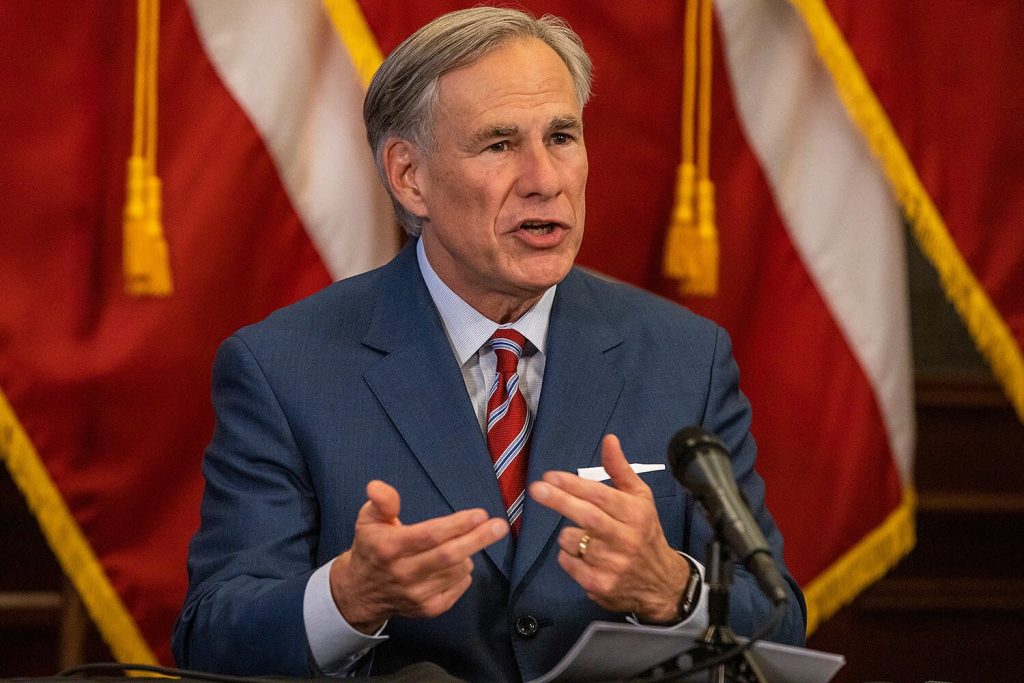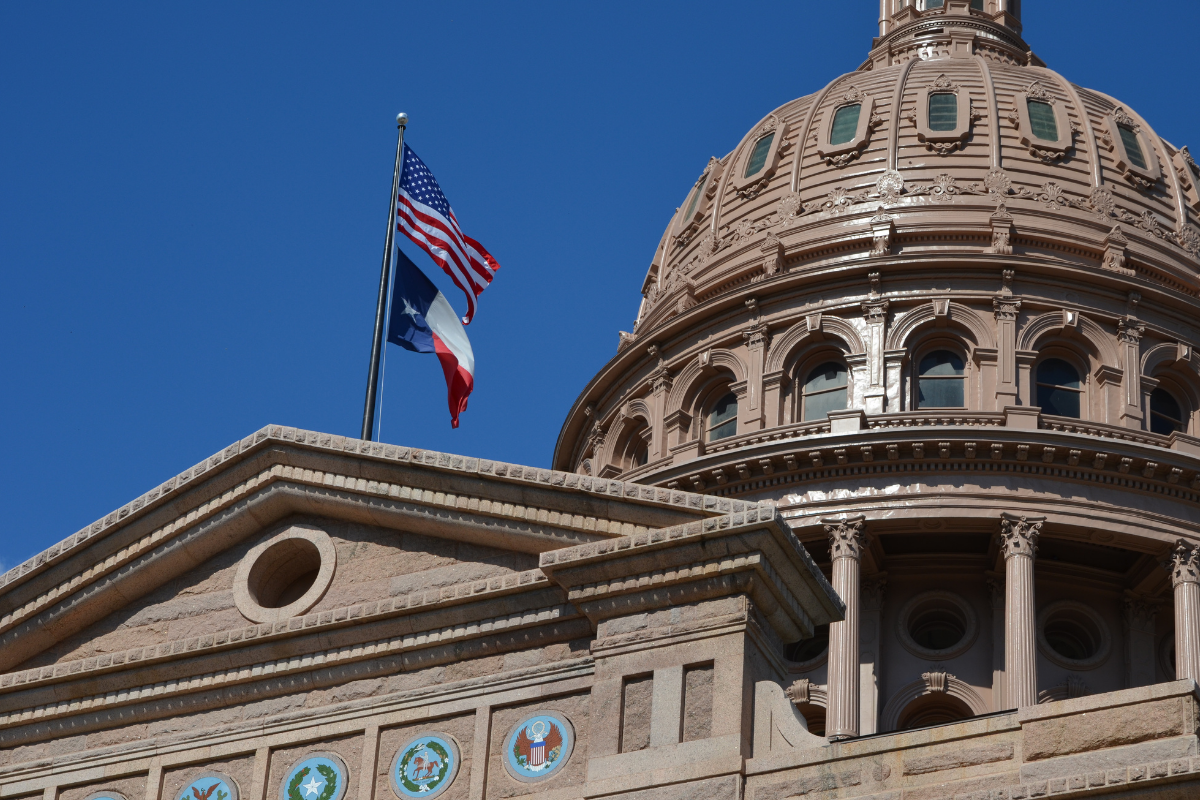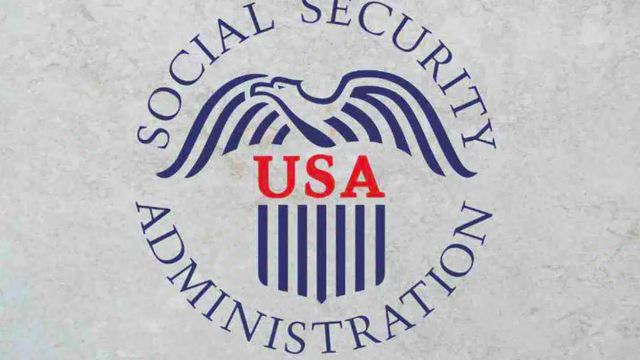Central Texas public schools and the state legislature find themselves at an impasse regarding school choice, despite numerous special sessions attempting to bridge the gap. Governor Greg Abbott’s efforts to implement education savings accounts (ESA’s) faced setbacks, leaving the educational landscape in disarray.
After a series of special sessions, the divide remains palpable, and Governor Abbott’s proposed ESA program failed to gain traction. As a consequence, state funding for public schools was withheld, exacerbating financial strain on institutions. China Spring ISD superintendent, Dr. Marc Faulkner, shared insights into the challenges faced by his district during this tumultuous period.
While China Spring ISD has managed to navigate the difficulties with resilience, Dr. Faulkner expressed concerns about the potential impact of ESA’s on schools in larger urban areas like Dallas and Houston. The superintendent revealed that passing a deficit budget for two consecutive years has strained their financial resources. Dr. Faulkner questioned the wisdom of diverting more funds from public schools to private institutions through ESA’s, fearing it would exacerbate the existing financial challenges.
Governor Abbott’s visit to Temple aimed to rally support for school vouchers, but his efforts were met with resistance. Despite highlighting widespread Republican support for school choice in the district, the governor faced opposition, particularly from Representative Hugh Shine. Governor Abbott accused Shine of voting against a Republican priority, emphasizing the overwhelming support for school choice among the Republican constituency.

Read more:
- Dangerous icy road conditions prompt extended closures for East Tennessee schools, including Knox County
- Racist label for voucher programs sparks controversy in education
- School Experts Unhappy with Hochul’s Budget Plan, According to Education Insider
- New NJ Law: Student Mental Health Monitoring Now Mandatory in NJ Schools.
Representative Shine defended his position, asserting that he proposed amendments to enhance the ESA program, but they were dismissed. Dr. Faulkner criticized the Governor’s approach, labeling it bullying tactics and expressing disapproval of the vetoing of potentially beneficial bills. The superintendent lamented the adverse effects of political maneuvering on schools, highlighting the detrimental impact on education.
In October, Waco ISD superintendent Dr. Susan Kincannon echoed similar sentiments, expressing frustration over the ongoing challenges faced by public schools. Dr. Kincannon emphasized the need for a more comprehensive approach that considers the affordability of alternative educational options and the socio-economic factors affecting public school families.
For China Spring ISD, Dr. Faulkner believes the proposed school vouchers won’t negatively impact his district due to its tight-knit community and high academic standards. However, the superintendent’s concerns center around the potential repercussions for larger, more economically diverse urban school districts.
The clash over school choice in Central Texas reflects a broader debate on education funding and priorities. The divide persists, with educators like Dr. Faulkner and Dr. Kincannon advocating for a more inclusive and thoughtful approach that addresses the unique challenges faced by various school districts.
As the discourse continues, the fate of school choice in Central Texas remains uncertain. The struggle between differing ideologies, political tactics, and the pursuit of better educational opportunities for students underscores the complexity of shaping education policy. Balancing the needs of diverse communities and ensuring equitable access to quality education remains a formidable challenge in the ongoing saga of Central Texas education.















+ There are no comments
Add yours